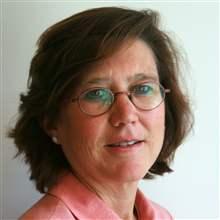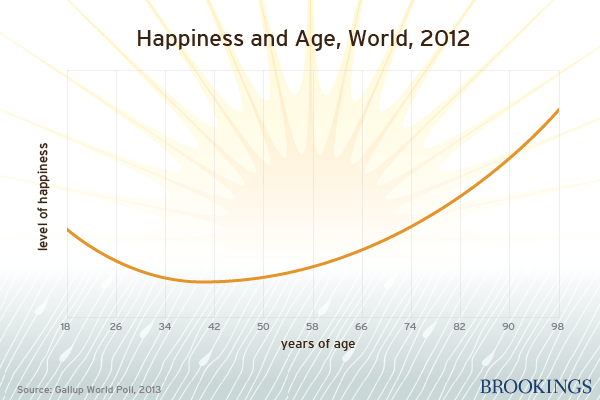 This week in Berlin, Brookings scholar Carol Graham, the Leo Pasvolsky Senior Fellow, is being recognized by the International Society for Quality of Life Studies (ISQOL) with a research fellow award for “substantial contribution to quality-of-life research.”
This week in Berlin, Brookings scholar Carol Graham, the Leo Pasvolsky Senior Fellow, is being recognized by the International Society for Quality of Life Studies (ISQOL) with a research fellow award for “substantial contribution to quality-of-life research.”
Graham is the author of numerous books and articles on quality-of-life issues, happiness, and well-being. In her book, Happiness Around the World: The Paradox of Happy Peasants and Miserable Millionaires, Graham studied happiness across countries and regions, finding that the determinants of happiness are consistent across levels of development worldwide.
Graham has explored happiness, well-being, and inequality in Colombia, Chile, the United States, and other countries worldwide; has studied the effects of education, aging and working, and technology on happiness; and has examined well-being through the prisms of religion and gender. On age itself, Graham calls the relationship between age and happiness “one of the most striking” consistencies of subjective well-being across peoples and cultures globally:
In her most recent work, Graham and colleagues conducted an extensive study of well-being in Mongolia, finding that the more peoples’ incomes are below the average of their community, the less happy they are. “Inequality in this instance is not a sign of future progress,” she writes, “but rather of being left behind at a time of dramatic economic change and progress.” Continuing, Graham writes:
While being around wealthier people may generate envy among some, being around happier people has positive externalities. This is an intuitive finding and fits with an increasing body of work on well-being that shows that higher levels of well-being are associated with better labor market outcomes, health, and social behaviors and interactions. In contrast, some of the same studies show that very low well-being levels—in particular high levels of stress and difficulties with daily life—lead to short-time horizons and obstacles to investing in the future. Thus, while wealthier neighbors are not necessarily good for you, happier ones surely are.
Graham is affiliated with the Global Economy and Development Program at Brookings, as well as the Brookings Global-CERES Economic and Social Policy in Latin America Initiative. She is also College Park Professor at the School of Public Policy at the University of Maryland.
The Brookings Institution is committed to quality, independence, and impact.
We are supported by a diverse array of funders. In line with our values and policies, each Brookings publication represents the sole views of its author(s).





Commentary
Carol Graham Awarded for “Substantial Contribution” to Quality of Life Research
September 16, 2014